Spent most of my August feverishly writing 97 Poets of Revachol, cramming in books between 12h writing shifts. Looking back, it was super tiring: but reading in every moment between writing made it manageable somehow.
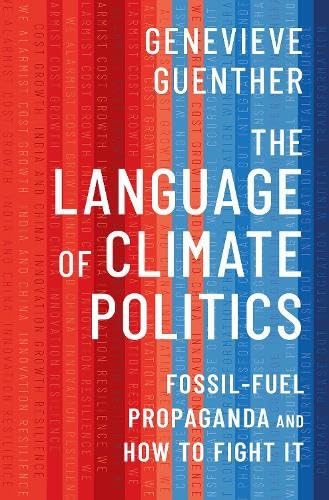
The Language of Climate Politics: Fossil-Fuel Propaganda and How to Fight It
Coming from EU policy level, this sounded like a crucial piece of information to work with.
And…well, it is problematic. Will try going layer by layer.
A) it is nearly completely US-centric, including in very specific parts of messaging. That is of course not the fault of the book, but big part of the content is not really useful or even actively harmful in for example European contexts.
b) it’s not just advocating for climate conscious policy, it is directly going for a very specific branch of de-growth. That itself can be complicated in trying to build communication on, but there are also signs of author actually accepting some very problematic and policy weak elements of de-growth, including a fast note on „and we can pay for it all with MODERN MONETARY THEORY“. That is a…very bold statement.
C) the attempt to tackle the „but what about India/China“ argument is very important, the results are mixed. First, India is basically not mentioned at all. Second, China „carbon peaking“ policy has both succeses and failures, but the book does not really get deep into the failures and the human cost the Chinese model has around the world. Which is a bit problematic when the USA gets some tough criticism for neo-colonialism and imperialistic policies, but well, China gets an overall „the system is wrong“. Quick mention, but the intrinsic connection between chinese renewables build up is swept under the carpet.
What works very well are all the parts on climate models (yes, DICE sucks) and INNOVATION hype (yes, carbon storage sucks). All together, it was inspiring, just a bit too often inspiring in „well, this is really an extremely hot take“.
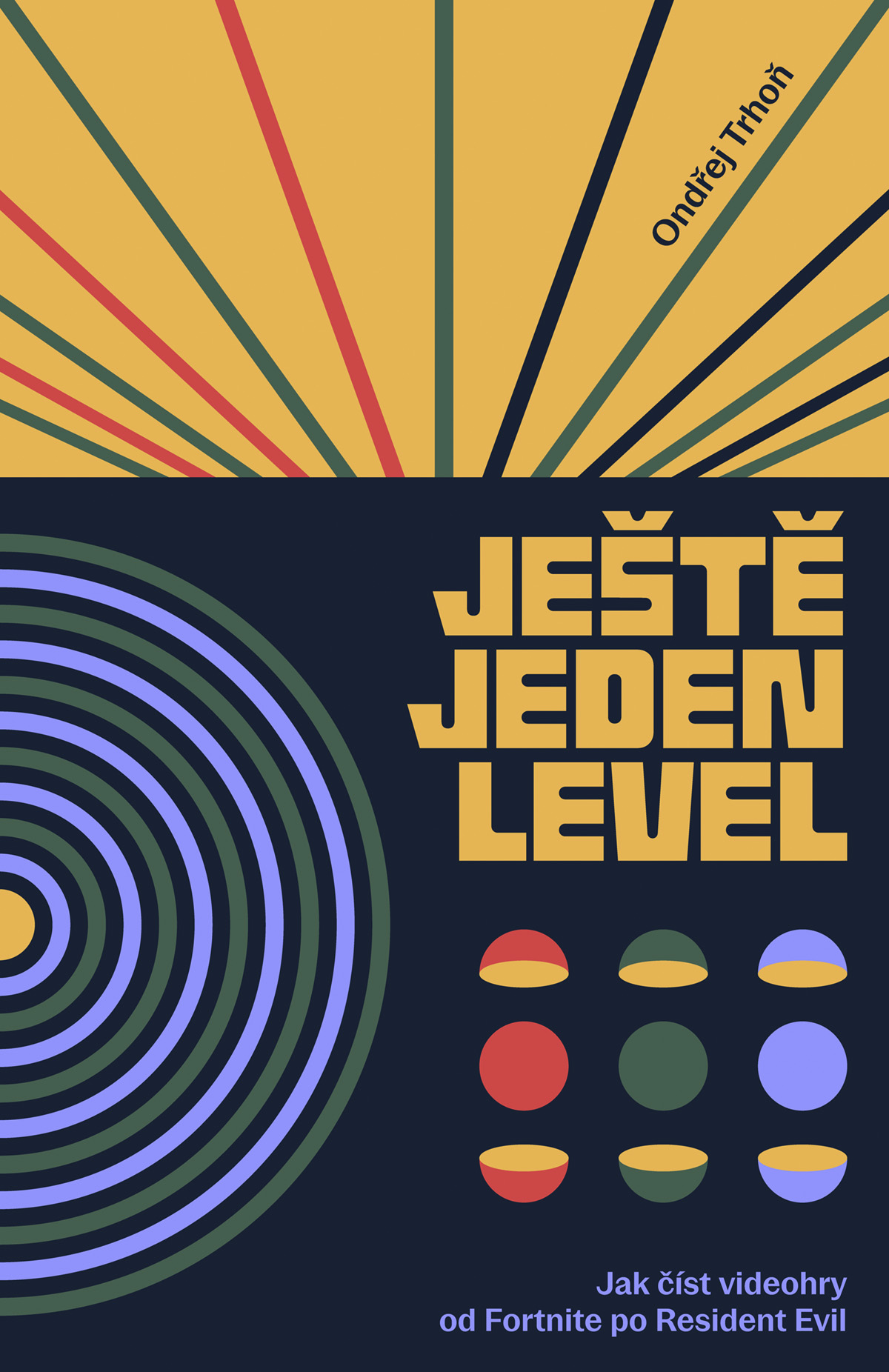
A solid and well-structured kickoff to the debate – one that sometimes makes you want to shout, “No, that’s not the point at all!” and other times, “Is queer identity really the one key element by which we evaluate most things?” or “But this is important too!”
Which is good, because that’s the whole concept of a debate – different perspectives, different priorities.
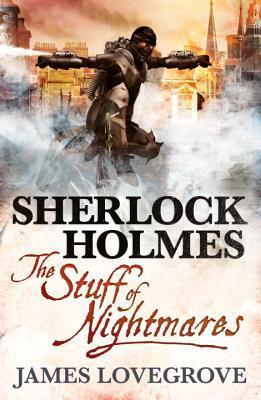
Did not really click for me. Some jokes are good, the initial search is nice and Victorian Batman and Transformers are kinda…okayish but it is far from anything like a mystery, and its just a very simple adventure story. Sadly, would not recommend.
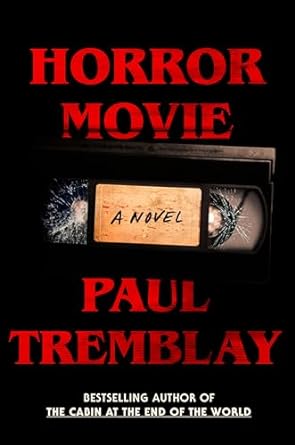
Solid setting and some real good scenes (the doorway scene is really haunting) in this one. Sadly, also a lot of „we are self-conscious! So even if it does sound sound stupid / pretentious, it is just meta, aha!“ – and that gets boring quite fast. The ending could also be seen coming from afar. Alltogether, I was not exactly disappointing but the structure felt dizzy for the sake of being dizzy, the book ending on a low, very B-grade point. And that is a surprise from Tremblay – I was on a mission to follow up on everything he has written and this is very clearly the low point of his writing. And even as a low point, it still carries some value.
And no, saying: „WOW I SEE YOU, THIS IS SO META AND B-RATED” to the camera does not dispel the cliche on its own.
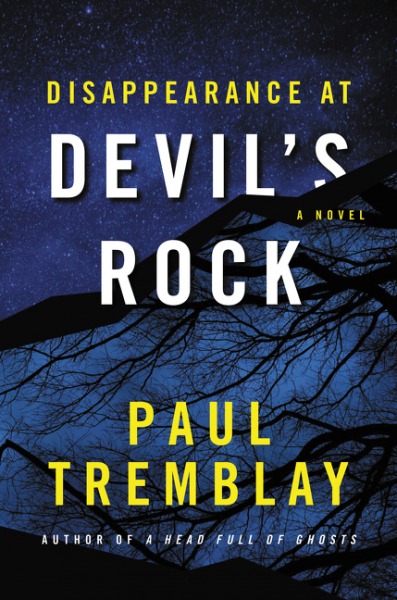
Tremblay once again doing his thing – MAYBE it’s a bit supernatural, PROBABLY it is very “natural”, but you get mixed signals, and everybody is a victim and things are horrible – but casual.
And knowing all that: I kinda liked it. It is _very_ overt with the topic of action and effect and coincidence, it works (probably intentionally, but…) with loads of cliché. Still, it has that cool „meta conundrum“ shtick all over itself and that makes it a solid reading if you’re into that kind of thing. I am.
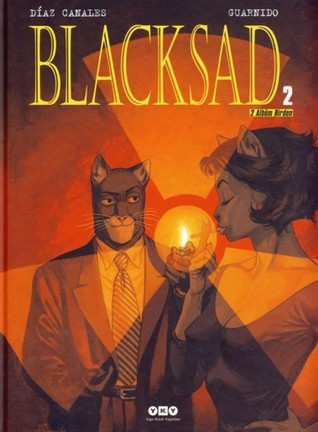
Díaz Canales, Juanjo Guarnido
Blacksad is one of those standout, self-contained concepts. Noir-style anthropomorphic animals, corruption, moral dilemmas, failure, and the shifting face of America between the 1930s and 1950s (McCarthyism included!) sound like a bizarre mix, but well, it works. Also, Blacksad looks like Rosenkrantz, so that’s two extra points right there.The second collection, however, doesn’t quite hit home. Amarillo is more of a confused wordplay that doesn’t really go anywhere. The second, significantly longer installment published in Czechia, Then Everything Falls Apart, is a solid noir built around public contracts, architecture, interwoven tragedies, and the contrast between relatively moral criminals and amoral authorities. It doesn’t deliver anything groundbreaking or particularly clever, but it does offer a solid atmosphere and a few well-executed tragic moments.
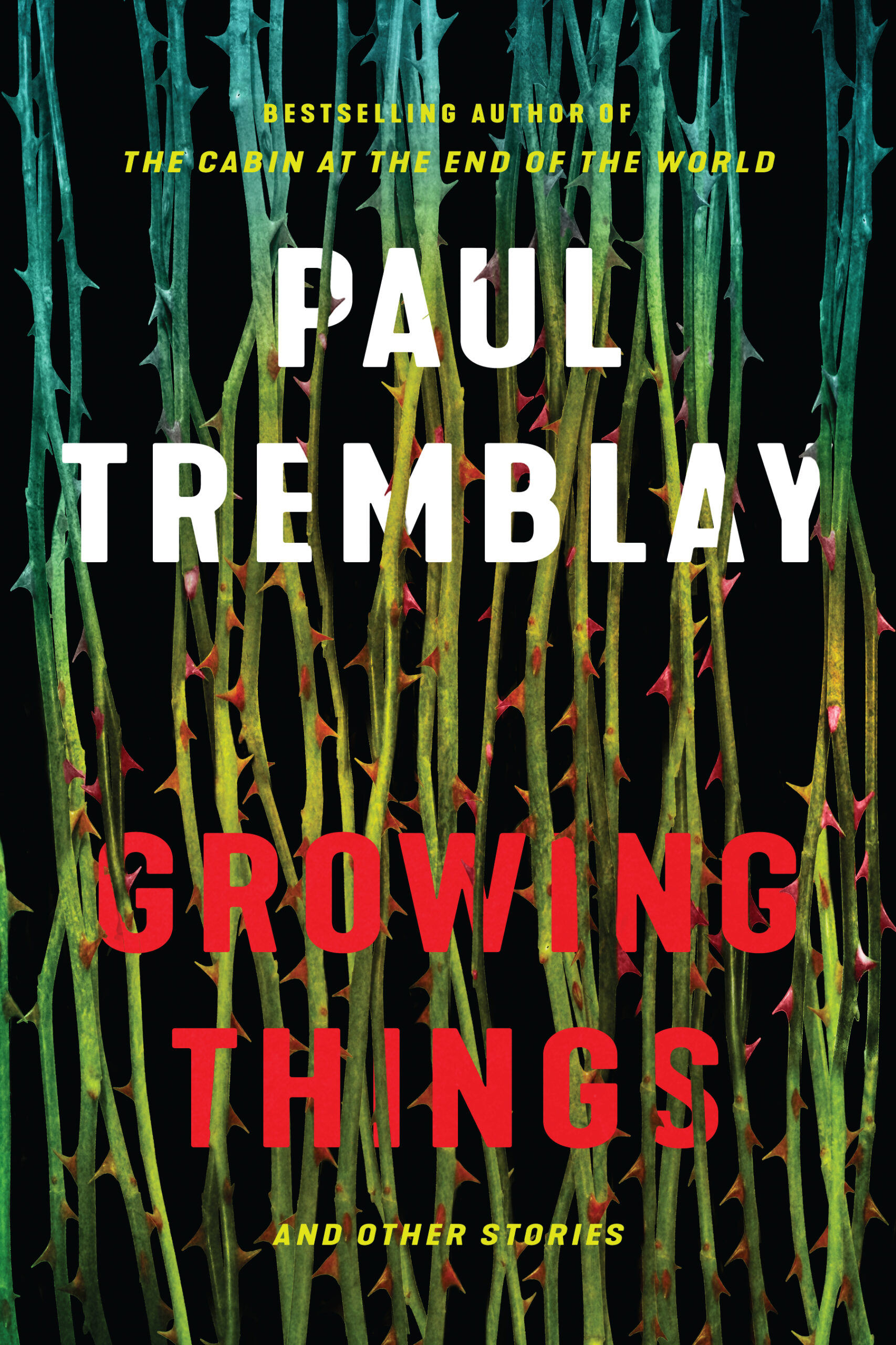
Growing Things and Other Stories
Continuation of my Tremblay journey.
Very much a mixed bag. Notes from Dogwalkers are a solid expansion of Head full of Ghost, maybe a bit too explaining things. Thirteenth Temple and Growing Things both felt like a flop to me. The apocalyptic themed ones were average, with Ducks being at least atmospheric. But there were also some solid ones working with the Tremblay ambiguity, so if you like that (I mostly do), it works out. And yes, Her Red Hand was a banger to me, really stood out.
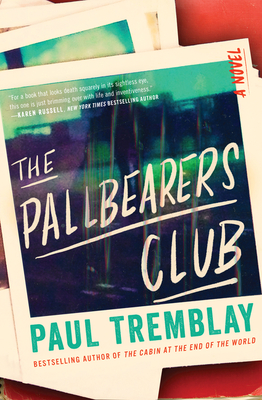
The story of a weird friendship (friendship?) can probably work for anybody with experience with toxic, addictive relationships. The whole „how Art wasted his life, and what does it really mean“ line is an average novel, peppered with the Mercy’s „edits“. The supernatural line is just “oh, well – “, the ending is „hm, ok“, and it very much steps on the line between „so eerie it is not even there“ and „ok, so we get it, vampires, symbolic“.
But when everything is put together, it can be read as solid meditation on life, death, middle age crisis and the darkness that awaits us all. Despite all the criticism and some eye rolling, I am really glad I have read it. Which is a bit weird, considering that this one is universally the worst rated from Tremblay.
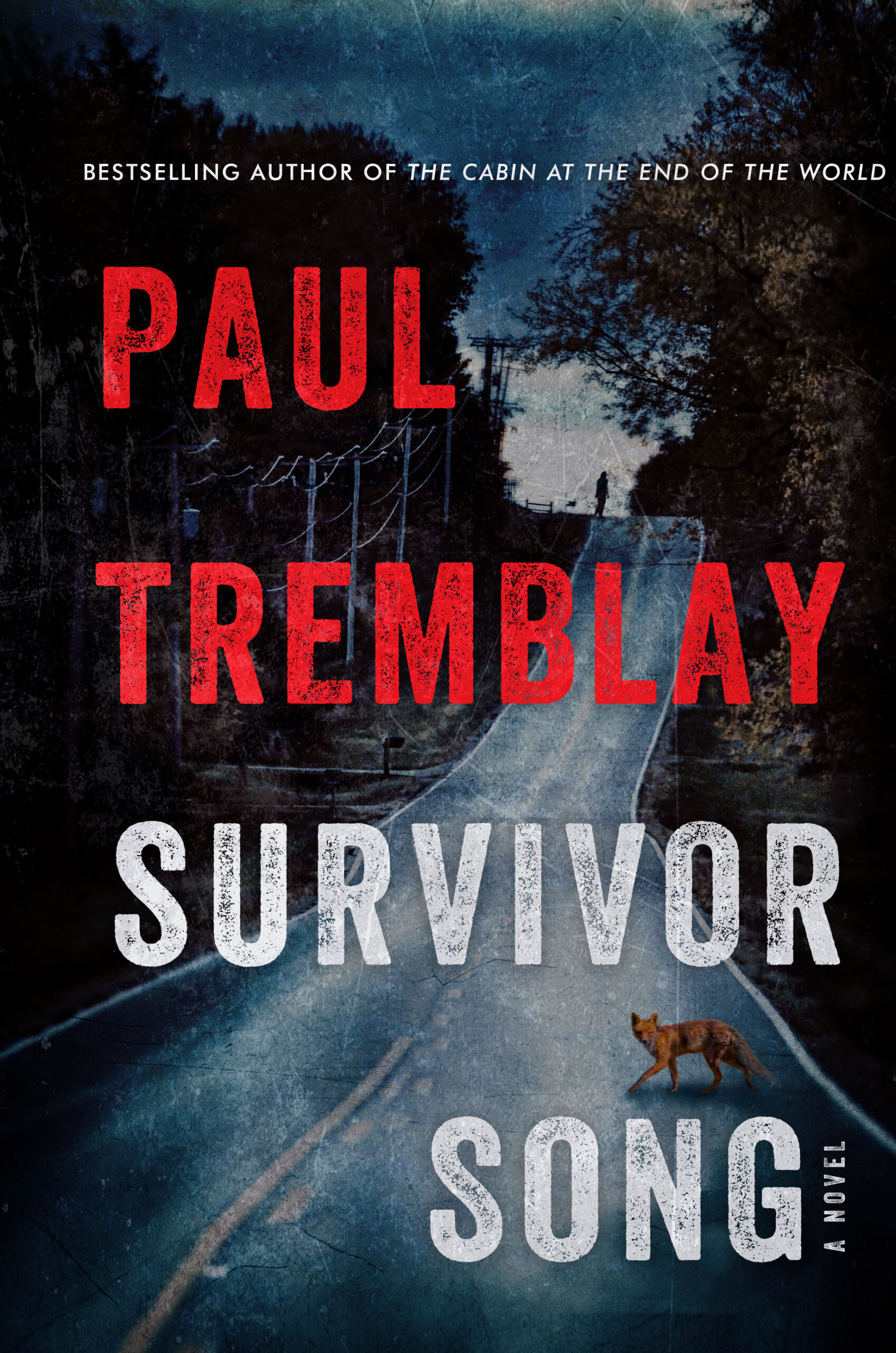
This time, Tremblay takes us to quite simple, down to earth “horrible pandemic and people get bitten” novel. Very simply cut, nothing extra, nothing to think about too much, no big ambiguousness, just rabies.
The most interesting thing about this is the pre-covid origin and the accuracy of some of the takes. Other than that, a solid, thrilling story.